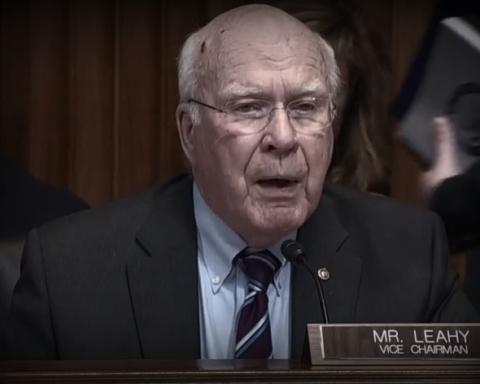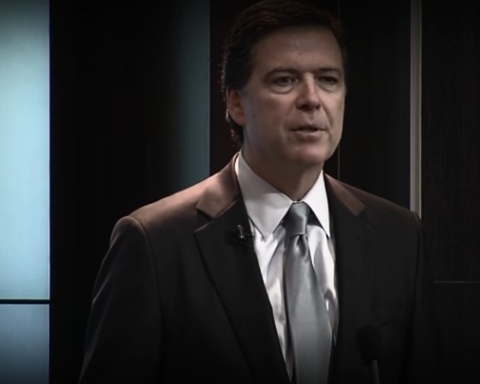For the second time in two weeks, legislation to update a thirty-year old digital privacy law was yanked from consideration by a Senate panel—a sign that the bill, which passed the House 419-0, is dead in the upper chamber.
The ECPA Amendments Act was slated to be marked up and voted on in the Senate Judiciary Committee on Thursday, but its co-sponsors withdraw the measure after fellow senators continued efforts to weigh it down with controversial amendments.
ECPA refers to the Electronic Communications Privacy Act—a law passed in 1986 that allows the feds to access emails stored on a third party server for more than six months using only a subpoena, as opposed to a criminal warrant.
The reform measure pending in the Senate would close that loophole, requiring a probable cause warrant for access to all digital communications held in the cloud, regardless of their age. An identical bill known as the Email Privacy Act passed the house unanimously in April.
“I am disappointed that some Republicans on this Committee have decided to inject controversial issues into a straight-forward bill with such broad support,” Sen. Patrick Leahy (D-Vt.) said in prepared remarks ahead of the proceedings on Thursday.
Leahy was referring primarily to an amendment offered by Sen. John Cornyn (R-Texas) to expand the types of information the government can collect without a warrant through the use of controversial National Security Letters.
Cornyn’s proposal had already derailed a prior attempt to consider the ECPA Amendments Act last month.
Sen. Mike Lee (R-Utah), another co-sponsor of the reform legislation, criticized Cornyn’s attempts to alter the bill.
“If its so necessary and so non-controversial, find another vehicle or let it run on its own,” he said, referring to the amendment. “But don’t attach it to this [bill] that we’ve spent years developing on a broad, bipartisan, bicameral coalition.”
The ECPA Amendments Act also faces opposition from civil enforcement agencies like the Securities and Exchange Commission (SEC) and the Federal Trade Commission (FTC). The bodies claim that since they lack warrant authority on their own, the bill would lock them out of retrieving digital communications essential to building a civil case.
Sen. Dianne Feinstein (D-Calif.) picked up that argument and notified the committee of her opposition to the bill in its current form.
“I’m glad the vote isn’t coming because my vote would be ‘no,’” she said. “To pass a bill that the SEC is not going to support and believes hamstring their actions, is not something I’m willing to do,”she added.
There are doubts, however, if the legislation really would hamper financial prosecutions. Representatives of the SEC and FTC could not provide a single example to the committee last September, when pressed by Senators to give instances when their agencies’ subpoena powers were used to compel the release of stored emails.
Further undercutting the agencies’ claims is a 2010 Supreme Court decision that prohibits the government from taking advantage of the ECPA loophole to collect emails without a warrant. In United States v. Warshak, the high court granted Fourth Amendment privacy protections to digital communications stored on third party servers. Some major internet companies refuse to comply with subpoenas, citing the decision.
Despite the recent setbacks for the ECPA Amendments Act, it’s sponsors aren’t ready to throw in the towel just yet.
“I will keep working with Republicans to see if we can find a path forward on a version of the bill that can be signed into law,” Leahy said on Thursday.








